India-Pakistan Strategic Rivalry Extends to the South Caucasus
By Vali Kaleji
March 28, 2024
The development of military and defense relations between Azerbaijan and Pakistan and Armenia and India is an important consequence of the political arrangement and the balance of forces after the Second Karabakh War. However, Pakistan’s non-recognition of Israel has prevented Baku from forming a “quadruple alliance” with its three strategic allies, including Turkey, Israel and Pakistan. Armenia, after defeat in the war and amid dissatisfaction with its traditional ally Russia and the Collective Security Treaty Organization (CSTO), views India, France and Iran as new strategic options, however, Iran prefers Armenia to maintain its traditional and strategic relations with Russia. The tripartite cooperation between Armenia, Iran and India focus efforts on “soft balancing” (economic-transit) instead of “hard balancing” (military-security), against the tripartite ties of Azerbaijan, Turkey and Pakistan in the South Caucasus.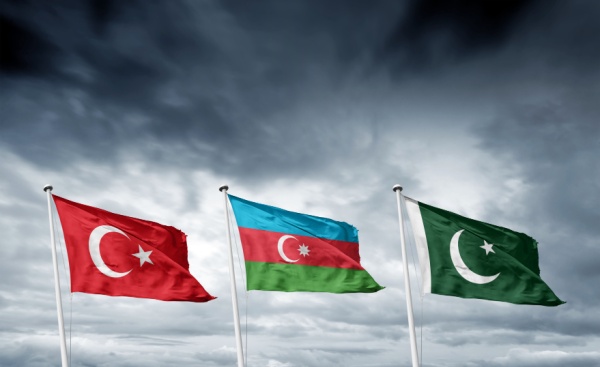
Pashinyan Between Armenia and Azerbaijan: The Curse of Radical Changes
By Mehmet Fatih Oztarsu
February 27, 2024
Armenian Prime Minister Nikol Pashinyan seeks a new path forward following Azerbaijan’s seizure of Nagorno-Karabakh and the radical shift in regional dynamics in the South Caucasus. His initiatives aim to revitalize Armenia and resolve longstanding issues, forging a new regional posture. However, domestic divisions and external challenges complicate his efforts. Azerbaijan has not responded to his calls for alternative cooperation while he remains skeptical of Azerbaijan’s overtures. Therefore, Pashinyan prefers to deal with Armenia’s domestic priorities and move carefully towards regional cooperation.
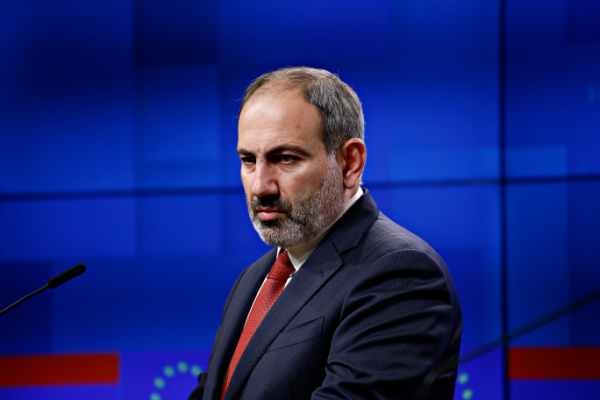
Russia's Weakened Influence in Central Asia and the Caucasus
By Alexander Yeo and Emil Souleimanov
July 6, 2023
Russia has long been a regional hegemon, able to actively exert hard and soft power over many of its neighbors, the Central Asian and South Caucasian states among them. However, since the start of Russia’s full-scale invasion of Ukraine, this influence has weakened, with military and economic resources being diverted to an increasingly protracted and unpredictable war effort. This has led to a shift in regional power balances, as showcased by Azerbaijan’s ascendancy in the South Caucasus, as well as economic challenges including the difficult choices faced by the allies of an increasingly isolated Russia.
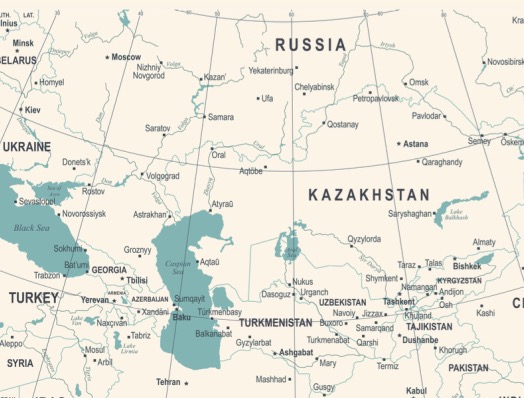
The U.S. Role in International Mediation of the South Caucasus Peace Process
By Robert M. Cutler
June 26, 2023
Intensive rounds of negotiations between Armenia and Azerbaijan over the past few months seem to be hitting a pause. Some progress has been made via each of the now-existing three tracks sponsored respectively by Russia, by the EU, and by the U.S. These have shown a certain limited mutual complementarity, yet crucial issues still await authoritative resolution. At present, only the U.S. would appear to have the goal of a final peace treaty firmly in sight. The process presided by Council of the EU President Charles Michel in Brussels may potentially still be helpful, but the activity of other EU institutions has become obstructive. U.S. diplomacy should not allow the current momentum to dissipate.
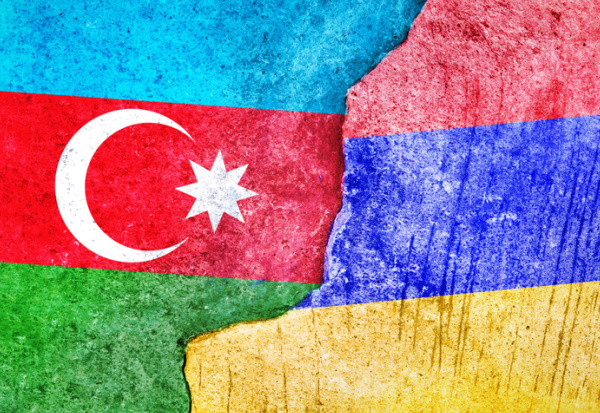
Russia and Iran Diverge in the South Caucasus
By Vali Kaleji
June 15, 2023
Despite some similarities in Iran’s and Russia’s approaches towards the conflict between Armenia and Azerbaijan since the collapse of the Soviet Union, Tehran and Moscow have diverged in recent years regarding the Zangezur Corridor, its possible effects for Iran’s border with Armenia, and Israel’s relations with Azerbaijan. Russia’s relations with Israel and its need to retain economic ties and transit options with Azerbaijan and Turkey after the Ukraine war, have led Moscow to take a flexible approach to developments in the South Caucasus, which is not favorable to Iran. This has disrupted the unwritten alliance between Iran, Armenia and Russia and has created a security and strategic dilemma for Iran along its northwestern borders.
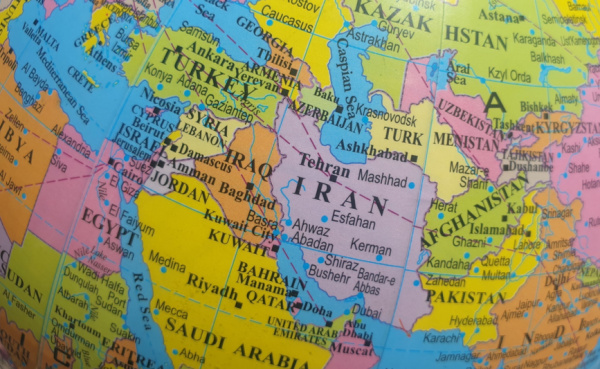



 Silk Road Paper S. Frederick Starr,
Silk Road Paper S. Frederick Starr,  Book Svante E. Cornell, ed., "
Book Svante E. Cornell, ed., "